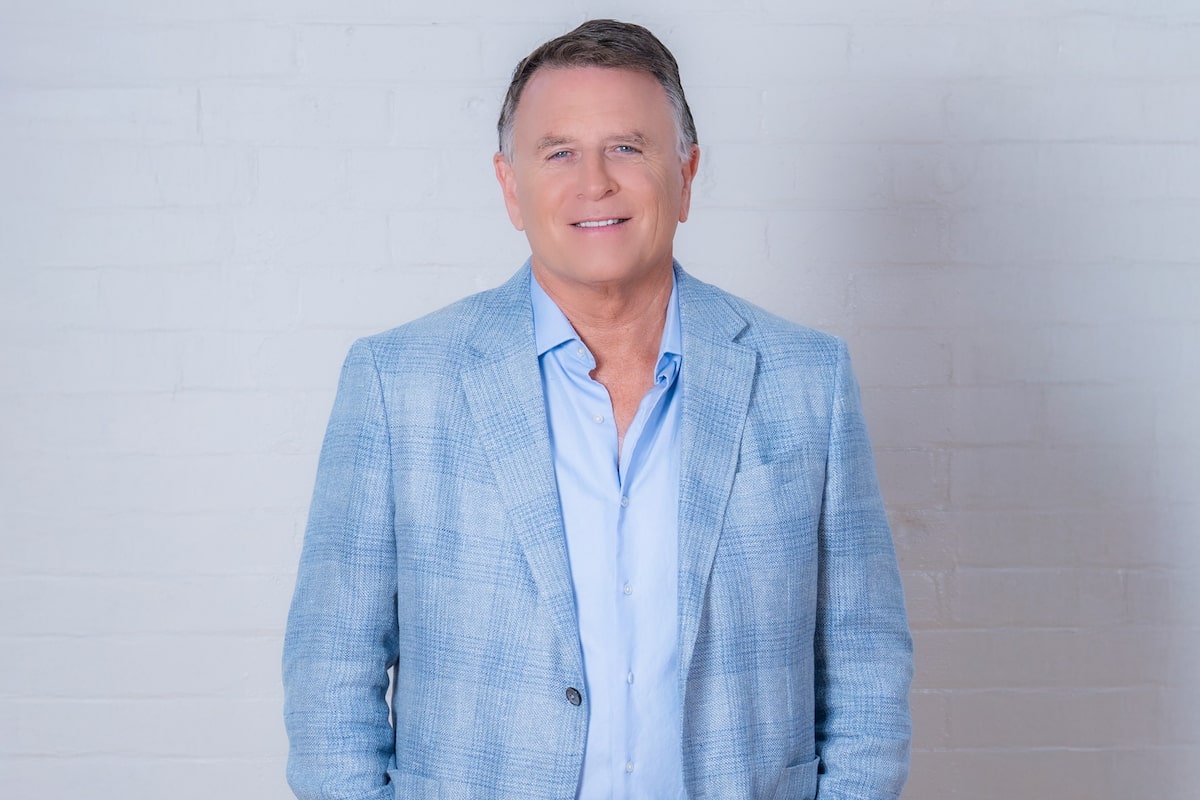The Wealthy Barber author David Chilton answers questions about passive investing, estate plans, spending habits, and what the future looks like for advisors.Supplied
The Wealthy Barber is back, rewritten and updated for a new generation.
Author David Chilton, who sold more than 2 million copies of the original 1989 book that demystified personal finance for the masses, says the wealth management landscape has changed vastly since, with new registered accounts, products and advice channels. But he adds that some things never go out of style – namely, “paying yourself first” to ensure enough savings for the long term.
In an interview with Globe Advisor, Mr. Chilton answered advisors’ questions about passive investing, estate plans, spending habits and what the future looks like for advisors.
The first exchange-traded fund didn’t launch until 1990. Today, passive investing dominates much of the conversation. How has the rise of index funds reshaped your views on what smart investing looks like?
At the time, we didn’t have the robust research that picking actively managed funds to outperform the broad market averages is almost impossible. There’s no perfect way to invest, but the evidence shows that the combination of low-cost index funds and watching your fees is the most sensible way for equity investors to gain access to the markets.
That means in the advisor industry, you’re going to see more models come out in which that’s the investment vehicle of choice, at least for the equity component of portfolios, and, therefore, the advisor is going to have to be compensated in another way.
How does the financial advice industry need to improve?
The industry has come a long way. The training is much better. We have great designations. Clients have started to realize it’s not just about the advisor’s knowledge, it’s about their communication skills.
The challenge is how do we strike the balance between the industry making enough money to support itself, but also treating clients fairly on the cost front. That’s a difficult balance to strike.
If you have a 23-year-old looking for financial advice and to set up that first tax-free savings account, if they’re put into high-cost mutual funds, that could hurt them – that could take away 25 to 30 per cent of their retirement capital down the road.
But the advisors putting them in those funds make a fairly good argument: “What else are we supposed to do? We charge them the proper amount for the time we’re going to have to spend doing this on a thorough basis.”
Artificial intelligence will come in and play a helpful role. It’s not there yet; there are still mistakes being made. I think AI will improve dramatically in the next 24 to 48 months. You’ll see some efficiency in which the advisor can spend less time, still give the client a fairly solid plan and not be forced to put them into high-cost funds.
How has estate planning changed in the past four decades?
It’s much more complex today. We have holdcos now. We’ve got foreign real estate holdings. We have far more blended families. Some people have private company shares. I can’t believe how many Canadians just stick their kids’ names on joint accounts without recognizing potential pitfalls. They will be exposed to the other person’s creditors, for example, and few people seem to know that.
In the original book, I talked about wills and life insurance. But I didn’t talk about powers of attorney, so I added that to the updated version. Powers of attorney are as important as wills, especially as you get older.
What part of human nature did you underestimate when you first wrote the book, and what part surprised you the most over the years?
I didn’t underestimate the downside of what our minds can do to us and the weaknesses we have in human nature. But I may have underestimated the marketplace’s ability to take advantage of that.
Of course, I didn’t know social media was coming. And now with the algorithms and all the scientific research, there are a lot of very clever, adept businesses trying to get us to spend money.
So, I don’t think human nature has changed much, but the attack on human nature and its weaknesses has intensified. That’s made it tougher still for younger generations. They don’t only have to battle a higher cost of living and higher real estate prices; they have this ongoing assault against their human nature, trying to get them to part with their money.
“Pay yourself first” is one of the positive things I underestimated. That was a huge part of the initial book, and if anything, I’m a bigger fan of it now because of what people have been able to achieve. The idea is to take out the money before you have an opportunity to spend it.
What’s one thing that has surprised you about people’s spending habits today?
How much people spend on cars. And it’s not just the car payments, but the insurance, gas, upkeep and parking. It adds up to a number that’s hard to believe relative to income. For a couple, I’ve seen up to $2,700 a month. It’s not tenable.

